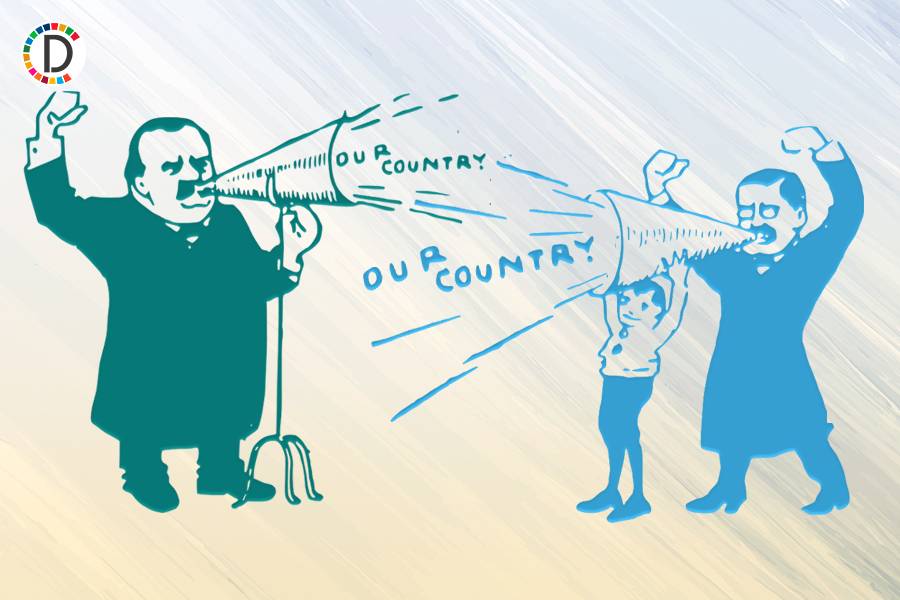Rise of the Far-Right: Germany's Political Transformation
The wave of far-right politicians making their largest entry into the German parliament since 1945 marks a turning point in Germany's political landscape. The Alternative for Germany, having gained ground due to economic challenges and geopolitical influences, is now positioned to influence debates, despite limited formal power.

The wave of far-right politicians making their largest entry into the German parliament since 1945 marks a turning point in Germany's political landscape. The Alternative for Germany (AfD), capitalizing on economic challenges and geopolitical influences, emerged as the second-largest party in the February 23 election.
The AfD's expanded presence, with 152 seats, includes members with more extreme views, indicating a shift from its original libertarian roots. Notable figures such as Maximilian Krah and Mathias Helferich reflect the party's controversial stance and divisive rhetoric, previously excluded members now reinstated.
Though the AfD's formal powers are limited, holding 24% of seats doesn't allow for parliamentary committees of enquiry, their influence on the tone of debate is significant. The coalition challenges faced by conservative leader Friedrich Merz could further embolden the AfD's rise as traditional political opposition falters.
(With inputs from agencies.)
ALSO READ
Demokraatit's Upset Victory Signals Shift in Greenland Politics
Karnataka's Gold Smuggling Saga: Politics, Speculation, and Allegations
Mamata Banerjee Accuses BJP of Diverting Attention Through Communal Politics
Pipeline Politics: Trump and Hochul Discuss Northeast Gas Line Revival
NASA Delays SpaceX Launch Amid Politics and Technical Glitches










